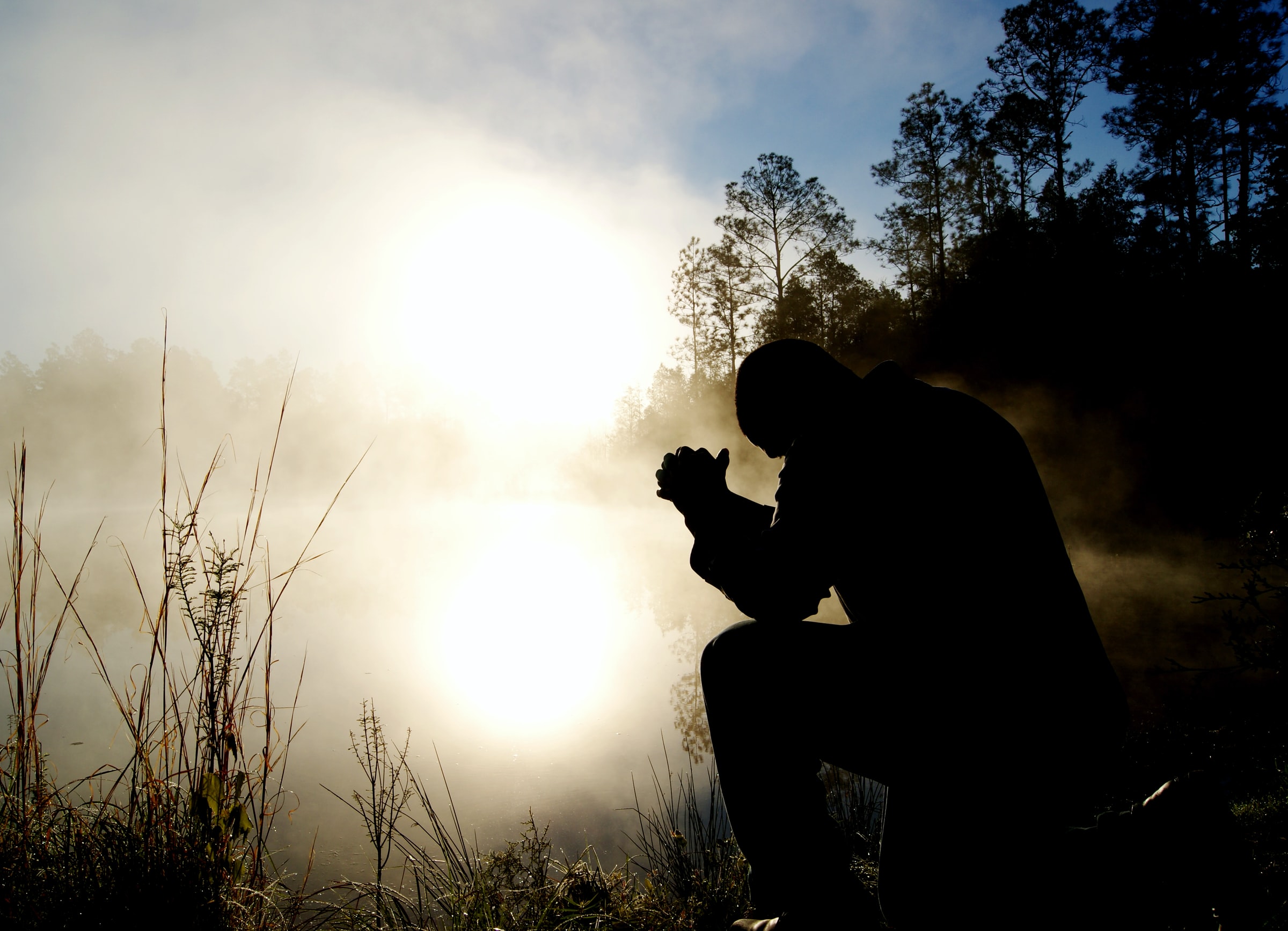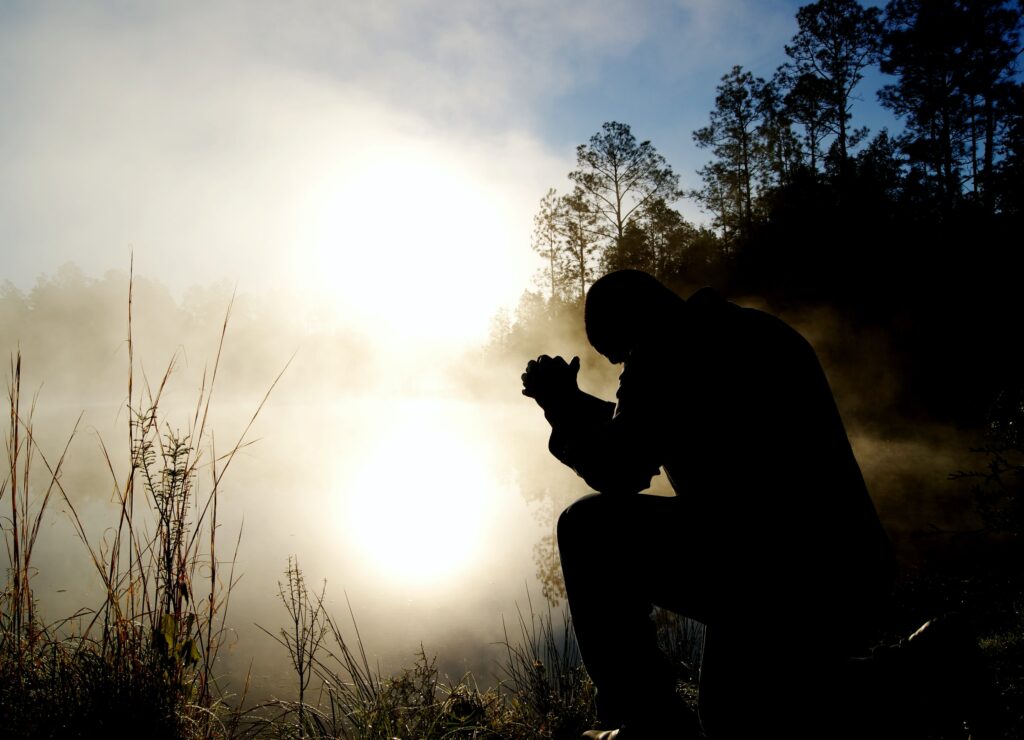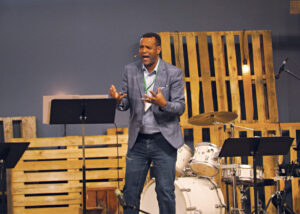In early August, I heard about the devastating impact of floods and a landside on a Mennonite congregation in Kerala in southern India, with mud covering the building and many church members missing. Paul Phinehas, head of the Anabaptist conference there, asked for prayers for:
- People to be safe, with loss of lives avoided;
- Relief work to start soon;
- Those trapped in mud and debris to be rescued miraculously; and
- Rains to stop and further damage avoided.
Mennonite World Conference put out a call for prayer, which began with Psalm 57:1: “Have mercy on me, my God, have mercy on me, for in you I take refuge. I will take refuge in the shadow of your wings until the disaster has passed.”
I was struck by these prayers for mercy, because that is not a comfortable part of my language of prayer. I regularly and often pray for blessing for specific people, and I even regularly sign off my emails with “blessings.” I intentionally foster in myself an attitude of wishing wellness and good things on all the people I interact with and pray for.
But I don’t pray for mercy. I am not often in settings where prayers for mercy are spoken aloud in our churches. We pray for blessings. Does your church also pray for mercy beyond the phrase, “In your mercy, hear our prayers”?
Do you see blessing as the good things in our lives and attribute them to God? What then is mercy: Avoiding or having minimal impact from bad things in our lives? Or Brother Phinehas’s request for prayers for the congregation in Kerala?
I began to reflect that praying for blessings too often reflects a place of privilege, asking for, wanting—and even expecting—good things in our lives from God. It does not reflect perspectives from a place of marginalization or oppression, seeking mercy from causes of pain and suffering.
I am learning to pray for mercy these days for Black people, people of colour and Indigenous people, who experience police violence and discrimination; mercy for health-care workers, teachers and others who are on the front lines of this COVID pandemic; mercy for people who struggle with mental-health issues and are vulnerable to losing resilience in this pandemic; mercy for those who suffer from abuse and sexual misconduct; and mercy so that certain trouble might be avoided.
Maybe that is one of the silver linings in this pandemic journey. As Canadian churches, many of us are more privileged than churches in other countries. Some of us are learning to live with daily uncertainty and worry, while others with more experience of living with fear can share from their wisdom.
In looking through our soon-to-be-former hymnal, I find that most songs about mercy relate to salvation, that God’s mercy for sinners is extended to all. There are very few songs that encourage us to pray for mercy in our own current broken situations and for mercy for others in broken situations.
And so I turn to a song that my husband Keith includes in his “pandemic repertoire,” a song by Mary Gauthier from 2005, called “Mercy Now,” a song we have listened to often in these months: “Yeah, we all could use a little mercy now / I know we don’t deserve it but we need it anyhow / . . . / Every single one of us could use some mercy now.”
Arli Klassen lives in Kitchener, Ont., with her husband, Keith Regehr, praying through songs about mercy.
Read more The Church Here and There columns:
The role of the church today?
Disillusionment and hope
Too much news?
Salt for the earth
Being the church in risky times









Leave a Reply
You must be logged in to post a comment.